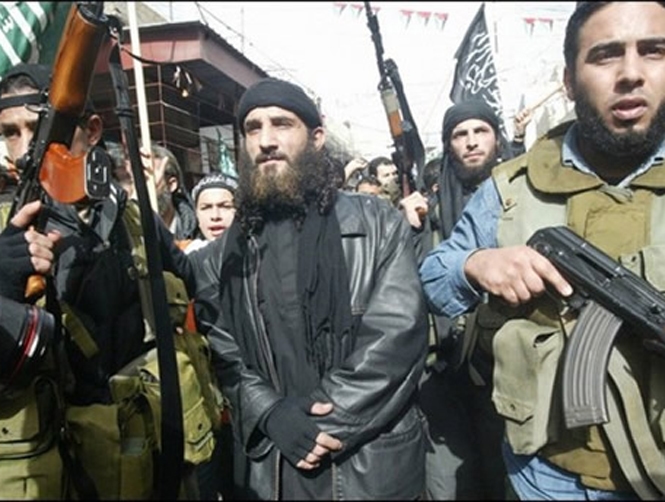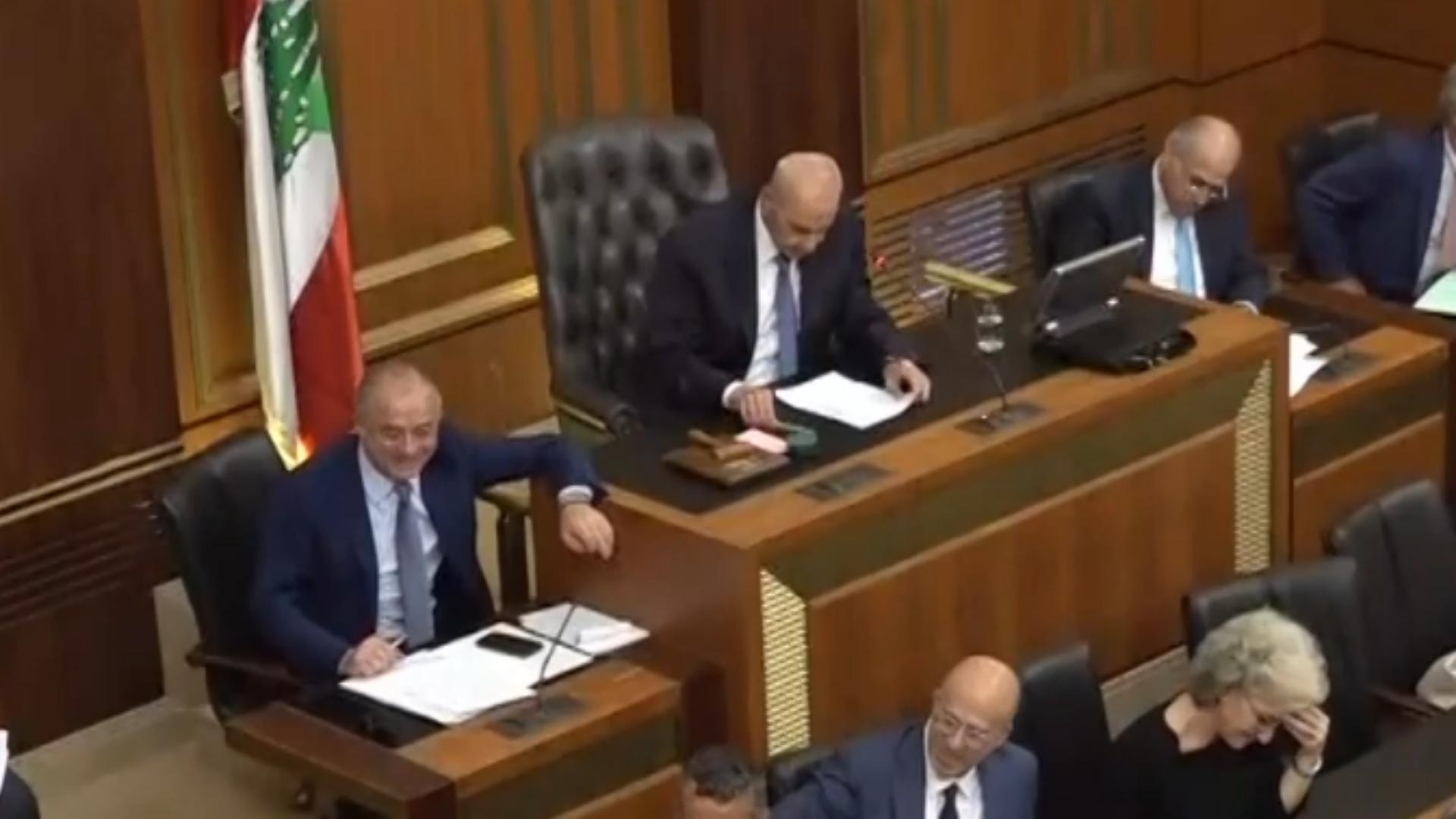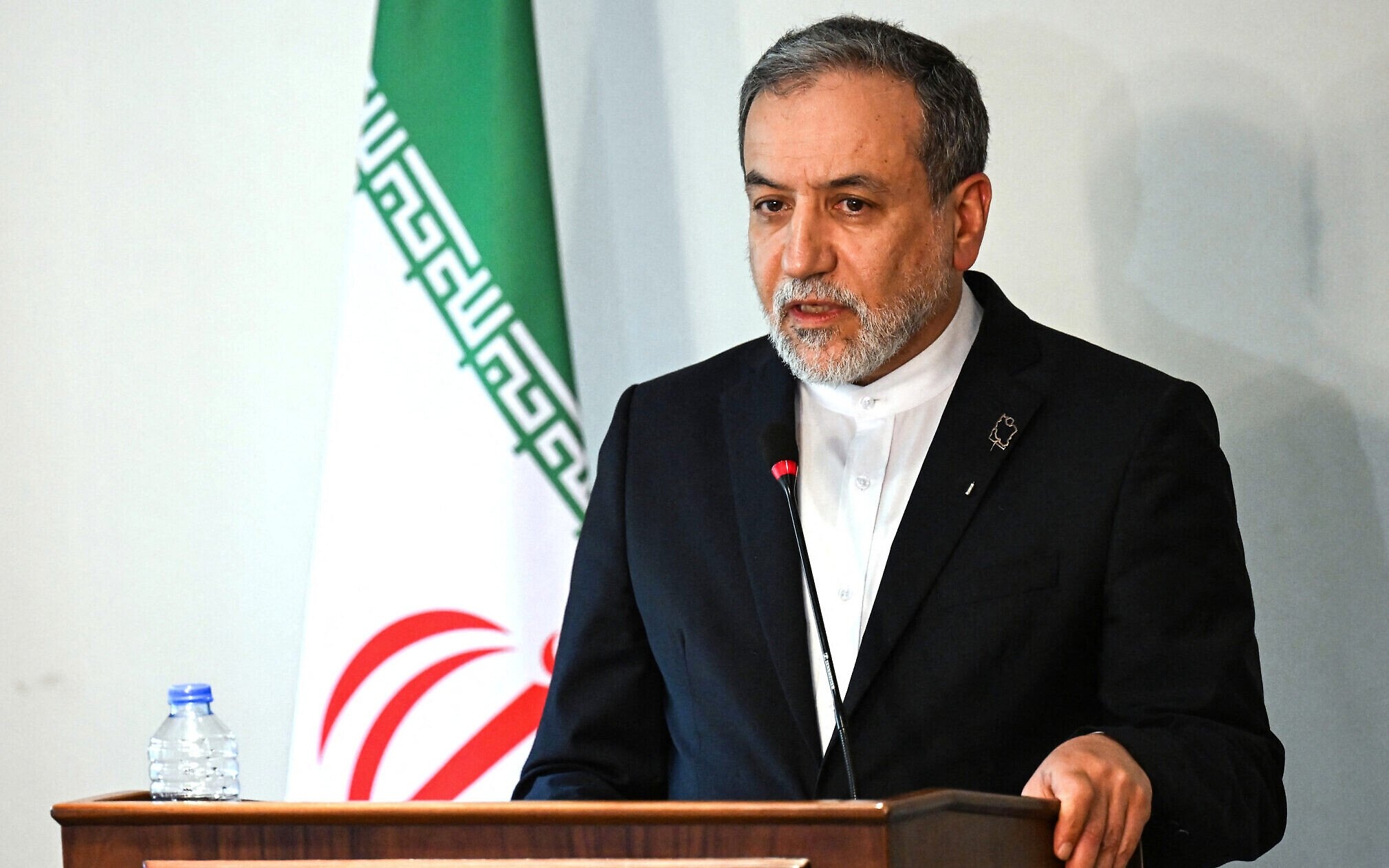Despite the alleged cautious calm as witnessed in the northern city of Tripoli as well as the implementation of the security plan, the arrest of Sheikh Houssam Sabbagh at a Lebanese Army checkpoint seems to come as a blow to all efforts, smashing all hopes of ever regaining stability in the area. The repercussions of such an event was more than just insignificant, for the detainee who happens to be a Salafi figure, is said to belong to al-Qaeda, enjoying a large array of prerogatives among Islamist groups.
Having strong ties with numerous of Tripoli figureheads and political figures, Sabbagh, who has a wide influence over the Lebanese popular front, was cooperating with official security apparatuses so as to address field-related issues, appearing publicly albeit the arrest warrant issued against him.
The detainment of Sabbath roused many inquiries as to the conditions and confidential timing of the operation, as well as to the extent of political cover and whether the Lebanese Army had braced itself to escalations that could cross Tripoli's borders.
While analyses vary, military sources assured to Assafir newspaper that Sabbagh’s superciliousness had incited him to indifferently cross checkpoints without complying with LAF orders. However, his incarceration was done by vigilant army personnel, hence bashing out all conspiracy theories.
Additionally, the Army is said to be firmly dealing with shooters following the arrest, keeping stability in Tripoli and thwarting all attempts to incite strife as the LAF seeks to accomplish its task under a comprehensive political cover.
According to Interior Minister Nohad Mashnouq, said achievement mirrors security agencies' insistence on resuming the implementation of the security plan a la lettre, depicting Monther Hassan as a dangerous terrorist acting and the main operative in an extended network of terrorists, encompassing Fneideq and the Napoleon and Duroy hotels. However, the Sabbagh case cannot be set in the same category as Hassan’s, Mashnouq said; while the dossier is being carefully examined.
Based on the significance of Hassan’s death and Sabbagh’s incarceration, the Minister viewed an al-Qaeda retaliation as a looming threat that mainly targets security forces.









